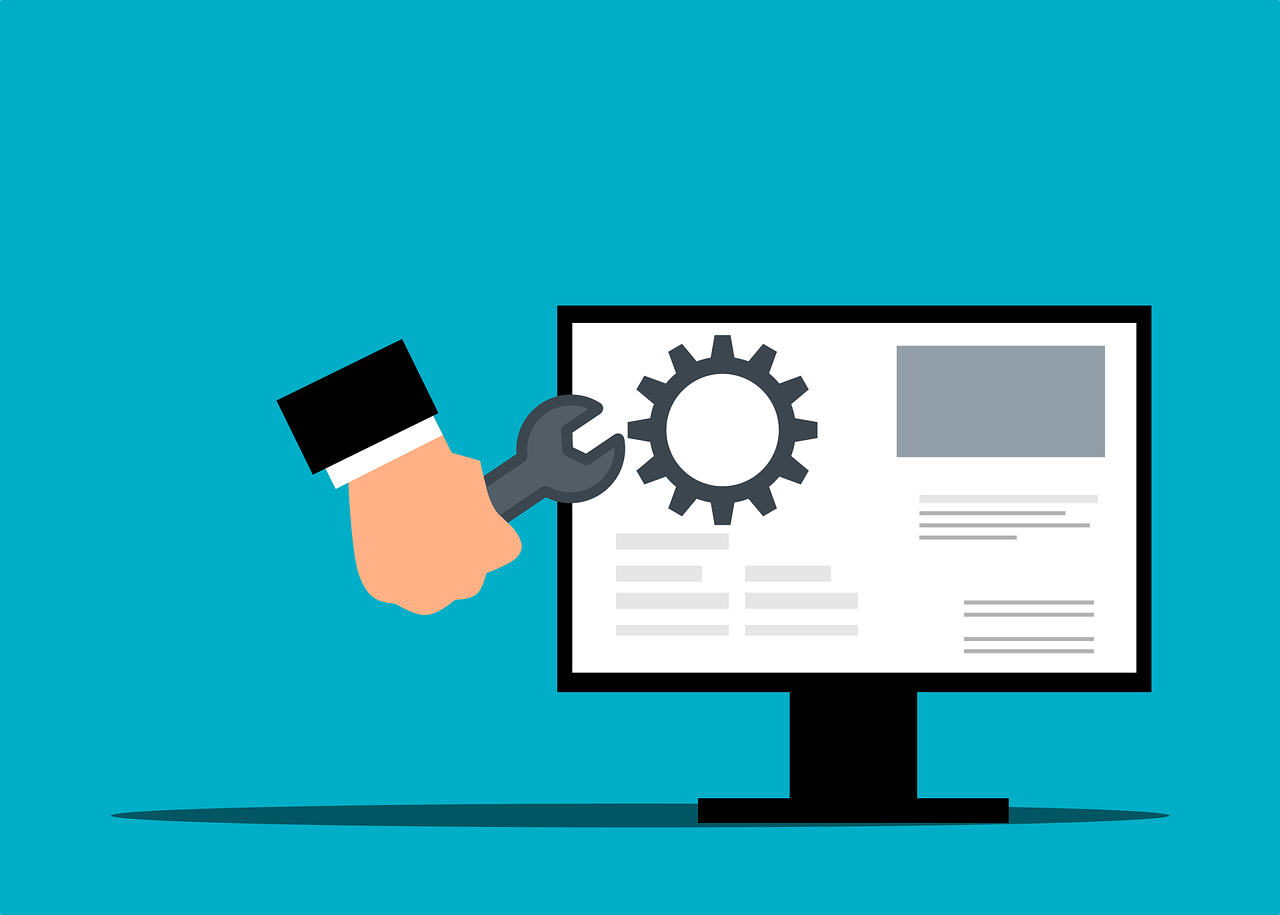The modern workplace is changing quickly, becoming more global, more mobile, and more remotely accessible. This is the reason why technology and employee productivity go together.
The Relationship between Technology and Employee Productivity
Technology provides numerous collaboration and communication tools that power the functionalities of many big companies. It enables employees to do their tasks effectively using several tools including:
- Bookkeeping tools
- Calculators
- Spreadsheets
- Presentation software
- Data processing tools
Furthermore, technology delivers smooth collaboration among in-house and remote employees thanks to web conferencing, chats, team rooms, file sharing, and more.
Profitability enhances the morale of your employees, helping to create an environment of excellence. The result is a great, upbeat company, leading to endless stages of high productivity. When a company is profitable, you can easily reward your employees with bigger pay rates and bonuses.
Finding the Right IT Support Partner
With the right business IT support partner, organizations can be more active, effective, and driven. However, as technologies become more advanced, companies need to connect with experts who can acquire the best from the latest hardware and software.
Contemporary IT support services for companies are more than just contacting the helpdesk and having a staff member walk you through the steps to fix your problem. Today’s outsourced IT support professionals perform managing and monitoring of the business networks, offering advice on IT strategies.
When you partner with an IT support provider, make sure you explain your goals, your business, and your company’s IT infrastructure.
Improve Collaboration
The increase in hybrid working and remote workers has split teams, making collaboration, at times, problematic. Cloud solutions like OneDrive and Microsoft Teams are connecting the gap between office and remote employees, allowing them to share messages, documents, chats, and video conferences.
Scalability
Companies must be flexible enough to scale either down or up. A scalable system is described as an IT infrastructure that allows organizations to manage a bigger amount of traffic. Either a business is hiring more employees or has acquired more clients.
An IT support provider can assist in fulfilling these increases by applying network systems that can effortlessly handle greater workloads.
IT Support Services in Denver
Elevate is a provider of outsourced IT support in Denver that specializes in cyber security, IT strategy, help desk, cloud solutions, and more.
With over 75 years of executive-level technology and experience in the IT industry, we have learned to understand the business needs of our clients and fulfill them, earning their trust in the process. We bring a lot to the table to make technology work for your company.
If you would like to know more about the outsourced IT support services we offer, contact us for a free consultation to discuss your business goals. We are here to help your business improve employee productivity and become more profitable.









